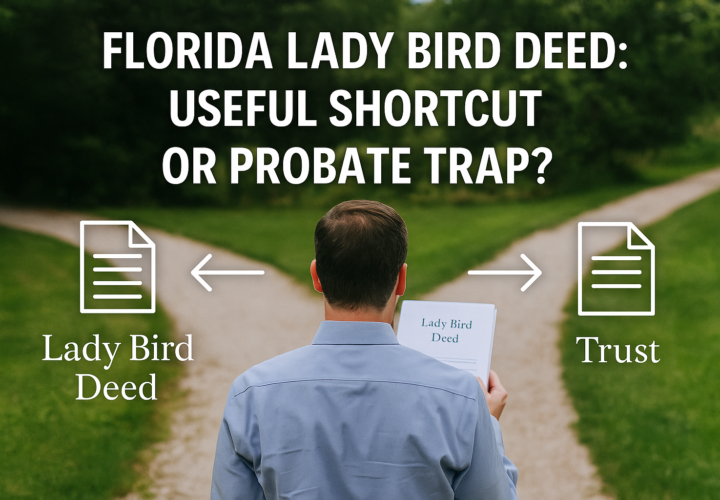By Susan Teel
Are you storing your will under the sofa cushions? Have you considered the best storage location for your will – your most important financial document? Would you store all of your cash or valuables there?
Aretha Franklin, who died in August of 2018 with a large and complex estate, and a complicated family situation, is a notable example! In the early days after Aretha’s death, the family believed she died without a trust, as none was immediately discoverable. This left a void as to how the estate would be administrated, including who would be in charge. Such a gap frequently leads to family feuds, and Aretha’s case was no exception. Aretha left four children who early on disagreed on how to proceed to settle her estate. Disputes arose as to whether she even left a trust, and assuming she did not, who should be appointed to oversee the estate administration. When the probate proceedings began, the Court appointed an Administrator who began collecting assets and sorting out her financial affairs. Currently the Court is closely supervising all the Administrator’s actions – along with approximately nine attorneys who are “locked in heated debate” on behalf of their clients for a share of the estate.
Just recently, in a dramatic turn of events, the Administrator discovered a handwritten “will” The Administrator, who was charged with sorting through all of Aretha’s personal property, her financial assets, business and real estate holdings, discovered among the furnishings of her primary residence a paper that purports to be a will. The paper, dated 2014, was tucked away in the crevasses of a sofa! The document didn’t come to light until the furnishings were being dismantled. Now disputes have arisen around the issues of validating that will. Meanwhile two other handwritten documents have surfaced in unlikely places, but so far the 2014 document appears more complete and readable than the two dated 2010. All of purported wills, were handwritten by Aretha, and not formally witnessed. Each is written in somewhat messy handwriting, complete with cross-outs and insertions, and containing ambiguous and contradictory terms that some family members doubt are legitimate. It will now take the Court considerable time, at considerable expense to the estate, to unravel this 2014 “sofa will,” as well as determine if all or any parts of the prior 2010 documents will be considered. Handwriting experts have been consulted and attempts are underway to investigate when and under what circumstances Aretha prepared the writings. The legitimacy of the 2014 document, if it is seriously considered, needs to be determined before the estate administration can fully proceed. The full estate administration will include fixing the estate’s value, calculating estate taxes and debts, interpreting contracts, and ultimately ruling on how the estate will be distributed.
Had no wills been located – or if none can be validated, the estate will pass by “intestate succession,” in other words according to how state law allocates shares according to family relationships. As a default plan, this intestate pattern may be “fair” by traditional standards, but it may not in fact mirror the intentions of the decedent – and it is clear Aretha had definite intentions about some relationships and specific assets. Some of these intentions may not be satisfied due to the administrative chaos surrounding the estate.
So, Aretha’s estate illustrates just how important it is, once you create a will or trust, to clearly decide where and how it will be kept. Many people assume this is an easy decision, and one that has minimal effect on the ultimate administration, but this certainly a dangerous assumption – as Aretha’s family will attest.
You have done the hard work of earning income and acquiring assets to provide for you and your family. You have also managed those assets so they will provide long-term security for you and your loved ones. The next equally important step is to provide a dispositive plan – using a will or trust- for how these assets will be managed upon your incapacity and distributed upon your death. This planning process is challenging, unpopular at the least, and for most, a dreaded task.
But once completed … then what? Where do you keep the documents? Whom do you inform of their whereabouts? What do you do to make sure they are safely stored – so they won’t be destroyed, damaged or lost? Planning for storage or “custodianship” of your rust is just as important as taking the initial steps of earning the assets and drafting a thoughtful trust or trust. Yet some of the wealthiest, “smartest” and respectable people have failed here … and caused expensive, unintended consequences.
Choosing a trusted “custodian” of the document(s) is as important as completing the planning in the first place. Maybe the plan is simply to keep a copy in a locked safe, cabinet or container at home, with directions in a place you normally keep financially important documents, stating where the originally signed will is being kept. Another option is to maintain a bank safe deposit box and leave instructions at home with your important financial documents. Instructions should include the location of the safe deposit box, location of the box key, or combination to the lock. An even better option is to have your attorney retain the original document as a “custodian.” Using any of these options, you will need to leave directions with a trusted family member or friend, or in an easy to find location, preferably with your other important documents, providing the identity of the attorney, location of the attorney’s office and any other information that will assist your loved ones in locating your will or trust. The “take away” for acting responsibly, is to leave directions of the whereabouts of the will or trust – the “roadmap” to your legacy. You will also be helping your loved ones at the difficult time of your death, deal with your assets. They will no doubt appreciate your efforts to safeguard this roadmap. The moral of Aretha’s convoluted situation is don’t leave your family and loved ones guessing about your planning! Or make finding your will a “treasure hunt” for your family — who may or may not think to sort through all the sofa cushions to find your will.



